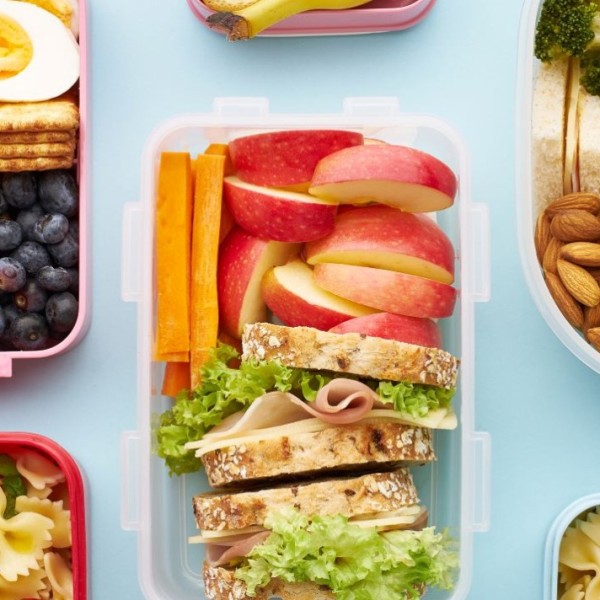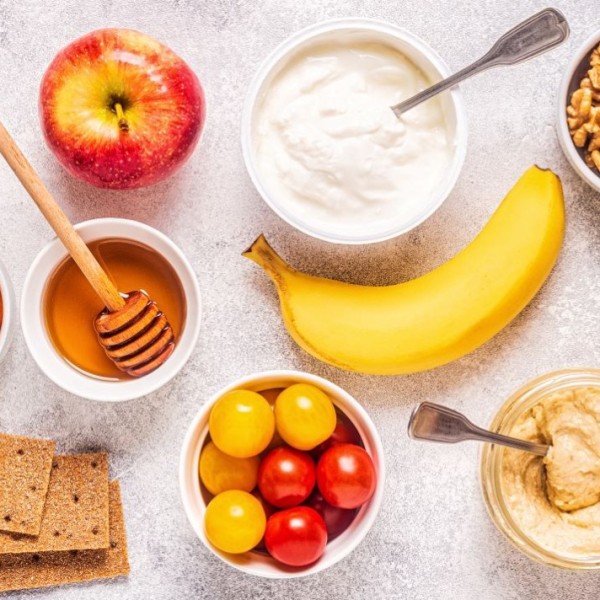Do you struggle with snacking at work or find it hard to maintain regular meals? Check out these nine effective ways to reduce snacking!
- Plan Your Meals
Having a meal plan helps you avoid impulsive food purchases and high-calorie snacks.
- Eat Regularly
Eating every 3–4 hours stabilizes blood sugar levels, maintains energy, and prevents hunger spikes.
- Stay Full with Protein and Fiber
Meals rich in protein (lean meat, fish, dairy, legumes) and fiber (vegetables, whole grains) keep you full longer.
- Drink Enough Water
We often mistake thirst for hunger. Drink at least 1.5 liters of fluids daily, sipping throughout the day.
- Avoid Keeping Snacks at Home
If you struggle with snacking, remove unhealthy treats from your surroundings to reduce temptation.
- Distinguish Hunger from Cravings
Hunger causes stomach rumbling and low energy, while cravings are sudden and triggered by attractive smells or sights.
- Don’t Completely Eliminate Your Favorite Treats
Instead of strict bans, follow the 80/20 rule: 80% healthy food, 20% room for occasional treats.
- Get Enough Sleep
Less than six hours of sleep increases appetite, especially for fatty and sweet foods. Aim for 7–9 hours of rest.
- Find Alternative Ways to Handle Stress
Snacking is often a response to stress. Try physical activity, talking to loved ones, or relaxing hobbies like puzzles or painting.
Following these tips will help you successfully reduce snacking and maintain healthy habits!














